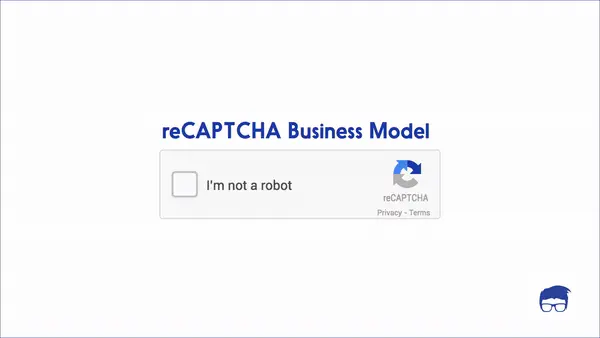Remember seeing those movies that depicted a future dominated by computers?
Well, we are living in that future now.
What seemed like science fiction before, with computers analysing data and doing complex tasks faster than humans, is now possible with the help of AI.
Even if you’ve never written a line of code, you can use AI to develop full-fledged apps. Non-writers can now publish whole books in a matter of minutes. Even non-graphic designers can now create stunning imagery with AI.
Whether you’re looking to improve your business operations or make customer interactions more personal, incorporating AI into your current workflow can push your business into the era of smart automation.
AI integration can help you get useful insights, automate repetitive tasks, and improve decision-making.
How Can You Integrate AI in Your Business
When I say integrating AI into your business, I don’t mean limiting yourself to using ChatGPT to write emails. You can automate your entire –
- HR department: by using AI-powered solutions to screen resumes, schedule interviews and suggest training courses for employees.
- Sales & Marketing department: by using AI to create personalised advertisements and conduct market analysis to identify potential customers. Even chatbots can handle customer inquiries and provide recommendations.
- Accounting & Finance department: by using AI to detect fraud, analyse expenses and suggest investments based on data analysis.
- Customer service department: by using AI to analyse customer complaints and feedback, identify trends and improve service offerings. AI-powered chatbots can also handle routine queries while human employees focus on more complex issues.
- Product development department: by using AI to analyse market trends and customer preferences, create prototypes and perform quality control.
The possibilities are endless when it comes to integrating AI into your business. And not just integrating, you can even consider developing your own AI system to make your tasks easy. Here are a few examples of how AI automates businesses:
Automate Customer Service
Traditional customer service methods involve hiring a team of representatives to handle customer inquiries and complaints. This is time-consuming and adds to the business’s operating costs. Moreover, with increased customer expectations, it can become difficult for human representatives to provide timely and accurate responses.
This is where generative AI-powered chatbots come to the rescue. It’s now possible to train AI-powered chatbots using the company’s knowledge base, policies, and processes to handle routine customer inquiries and complaints.
And it isn’t limited to text-based conversations. Tools like Elevenlabs, Calldesk, etc., allow you to add a real-life virtual assistant to your business’s customer service team, which is available on call. These virtual assistants can understand customers’ voices, speak with them like humans, and provide personalised responses.
And unlike human agents, who require breaks and work within set hours, AI-powered chatbots can handle customer queries 24/7, improving overall customer satisfaction.
The human-like conversation capabilities, combined with RAG (Retrieval-Augmented Generation), can ensure that these chatbots do not forget anything, making them reliable and consistent in performance.
Enhance Data Analysis
Businesses generate massive amounts of data daily from various sources, such as sales, customer interactions, market trends, and social media. Traditional methods of processing and analysing this data are often time-consuming and don’t always capture the full picture.
AI-powered tools like Predictive Analytics, Machine Learning, and Natural Language Processing can help businesses make sense of their vast amounts of data in a fraction of the time. These tools can analyse data in real-time to identify patterns, trends, and correlations humans may have missed. This allows for more informed decision-making and helps businesses stay ahead in their respective industries.
For example, a simple prompt to AI tools like ChatGPT or Claude (with a good contextual window) can identify customers’ sentiment towards a particular product, service, or brand by analysing data from various sources like social media, customer reviews, and surveys. This information is invaluable in understanding customers’ needs and preferences, allowing businesses to tailor their products and services accordingly.
If used properly in a proprietary environment, AI-powered data analysis tools can give businesses a competitive edge by providing insights and predictions that were previously unattainable. This can lead to improved efficiency, increased productivity, and higher profits.
Personalise Marketing Effort
With a saturated market and ever-changing consumer behaviour, customers pay attention only to the most personalised marketing efforts.
AI algorithms excel at sifting through large datasets to identify patterns you might not see. They can analyse customers’ past behaviour, social media interactions, and even how they interact with your emails or website. This allows businesses to create highly personalised marketing campaigns that resonate with their target audience, leading to increased engagement and higher conversion rates.
Besides this, efficient use of AI tools can also help in;
- Developing personalised landing pages: AI-powered tools can analyse user behaviour and tailor landing pages based on their interests, preferences, and previous interactions with the brand.
- Creating targeted advertisements: By analysing customer data, AI algorithms can identify the most relevant audience for a particular advertisement, ensuring maximum reach and conversion rates.
- Optimising email marketing: AI tools can personalise email campaigns by analysing customer behaviour and interests, leading to higher open and click-through rates.
AI excels at looking through large datasets to identify patterns you might not see. They can analyse customers’ past behaviour, social media interactions, and how they interact with your emails or website. This detailed look into customer actions clearly shows what different groups of your audience like or want
Unlike static marketing campaigns, AI-driven efforts can adjust on the fly based on new data, ensuring that your marketing remains relevant and captivating to each customer.
AI can customise marketing messages for individual customers based on their behaviour and preferences. This means you can send the right message to the right person at the right time – significantly increasing conversion rates.
Optimise Logistics And Supply Chains
Due to their complex nature, managing your logistics and supply chains might be challenging. Supply chains involve coordinating multiple processes, from sourcing raw materials to delivering the final product to the consumer, each with its own set of variables and potential disruptions.
Traditional methods might leave you reacting to problems rather than preventing them, resulting in wasted resources and unhappy customers.
By incorporating AI in business, you can accurately predict product demand. AI algorithms can accurately forecast future demand by analysing historical sales data, market trends, consumer behaviours, and even external factors like the economy or weather patterns.
This allows you to adjust your production schedules and inventory levels in advance, reducing waste and ensuring that products are available when and where they’re needed.
You can even monitor the location and condition of your shipments in real time, anticipate delays, and reroute shipments to avoid disruptions. This level of visibility helps you make informed decisions quickly, improving the efficiency of the supply chain.
AI In Business Departments
From marketing to operations, AI can be integrated into various business areas to optimise processes and drive success. Some common areas where AI is used include:
AI In Human Resources (HR)
Recruiting the right talent manually can be a time-consuming and costly process.
AI can speed up the process by screening resumes and applications to match job requirements with candidates’ experience and skills. Moreover, AI-driven assessments can help predict a candidate’s fit within your team or company culture.
For instance, Hilton uses AI interviews to assess candidates’ suitability for hospitality roles, ensuring a perfect match between prospective employees and the company ethos.
Recruitment and Talent Acquisition
Several tools with proprietary AI algorithms can optimise recruitment efforts by quickly scanning through thousands of resumes to identify the most qualified candidates and also predict a potential hire’s success within your company.
But it’s not just about who has the shiniest resume. AI digs deeper, using predictive analytics to understand how well a candidate might fit within your company and whether they have the potential to excel long-term.
These algorithms are learning machines—they absorb patterns from previous top hires to increase the accuracy of their recommendations. Think of them as having an internal ‘success radar’ that helps identify individuals most likely to thrive.
By automating the initial screening process, you can save time and ensure that you focus on individuals who best match the job requirements.
For example, Arya by Leoforce has a feature that delivers an explanation and analysis of a candidate’s resume along with the overall score the system used for ranking suitability for a particular position, and Scouting Agent, an AI-driven search tool that can update candidate profiles every 24.
Even Amazon is planning to replace recruiters for AI powered solutions.
Resume Vetting
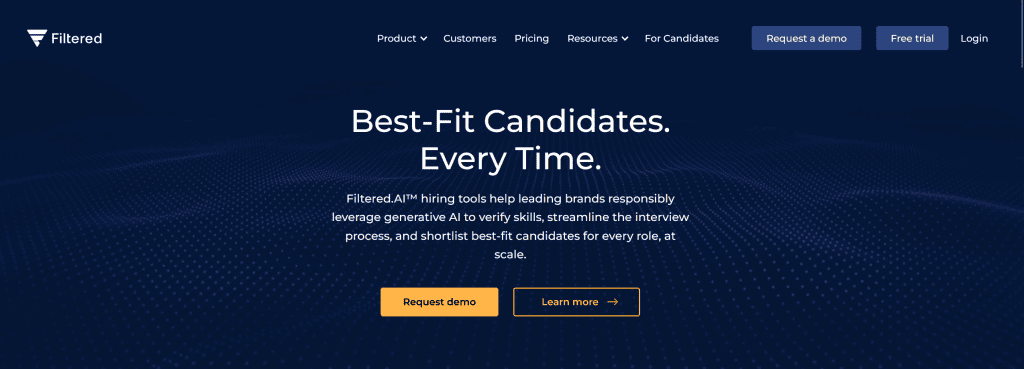
If you add all your requirements and preferences to your preferred AI hiring tool, it will promptly compare these with your candidates’ submissions to select only the best resumes for review.
The system minimises human errors that can arise from reviewing too many resumes for a single opening.
The AI tool also checks each resume against previously successful hires, which helps eliminate any subconscious biases you, the recruiter, may have.
Moreover, these tools are constantly learning and improving their algorithms to provide better results for every new hire.
This process ensures higher compatibility between the job requirements and the selected candidates, reducing the chances of a bad hire.
For example, Manatal is an AI tool that automates the resume screening and hiring process from start to finish. It helps you track applicants throughout the recruitment pipeline.
Employee Onboarding
AI can customise the onboarding experience for new hires using chatbots and virtual assistants. These can provide instant answers to common questions, help with document submission, and personalise training modules.
You can automate routine paperwork, schedule necessary training sessions, and monitor new hire progress using AI. This speeds up the onboarding process and makes it more engaging for the new employee.
Performance Management
AI tools in performance management offer continuous, real-time assessments by analysing outputs and work patterns.
They provide objective insights into employees’ strengths and development needs, enabling personalised feedback.
Predictive analytics help you anticipate performance trends, allowing for proactive management actions that contribute to a more dynamic and supportive performance management strategy.
HR Analytics
AI is great at analysing large data sets to uncover trends that can inform strategic HR decisions.
It can evaluate policy effectiveness, monitor diversity efforts, and predict turnover, facilitating early interventions in potential issues.
This predictive capability helps you make important decisions about employee benefits, leadership development, and more, all supported by solid data-driven insights.
AI In Marketing
In marketing, getting the right people to notice your product feels like looking for treasure without a map.
Artificial Intelligence (AI) helps by making many marketing jobs easier. It can analyse large data sets to identify patterns and trends, making it easier for you to target marketing efforts effectively.
An excellent example of using AI in marketing is Netflix’s recommendation of personal shows and movies. It looks at what you’ve watched and liked before to suggest new things you might enjoy. This way, Netflix keeps its viewers happy and watching more.
Personalised Customer Experiences
When shopping online or browsing through a website, do you ever notice how some ads or recommendations seem to be made just for you? That’s AI at work.
AI gathers and analyses customer data from various touchpoints and helps you craft personalised marketing messages based on the preferences and behaviours of your individual customers.
This hyper-personalisation enhances customer engagement and loyalty, ensuring that marketing campaigns resonate more personally.
Even you can use tools like chatbots to create a personalised shopping experience, providing customers with answers and recommendations based on their needs and preferences.
Customer Segmentation
Customer Segmentation is a core marketing strategy in which you divide your customer base into smaller groups with similar characteristics.
AI helps you in this process by utilising its analytical capabilities to segment customers. It identifies patterns and nuances in customer behaviours, demographics, purchase history, and interaction with your brand to create highly defined segments.
These are the groups of customers with common needs, responses, or preferences distinct from those in other segments.
AI doesn’t just group customers based on broad categories; it can identify micro-segments. For example, instead of a single “young adults” segment, AI might identify “tech-savvy college students with a penchant for eco-friendly products” vs “young professionals who prioritise luxury and convenience.”
For you to segment customers based on these micro-level insights, you need to have detailed customer data. Add that data to the tools like peak.ai or simple multipurpose LLMs like Gemini or Claude, and AI will segment your customers more accurately and efficiently.
Chatbots and Virtual Assistants
Chatbots and virtual assistants refer to AI-powered tools utilised for customer service and support. They can handle customer inquiries, provide product information, process orders, and even make personalised recommendations.
Using natural language processing (NLP) technology, chatbots can understand customer queries and respond in a conversational manner that mimics human interactions.
This is especially useful when dealing with dual customers – those who shop both online and in-store. Chatbots and virtual assistants can bridge the gap between online and offline experiences by providing consistent support across both channels.
Additionally, chatbots can handle multiple customer inquiries simultaneously, reducing wait times and improving overall customer satisfaction.
With AI, chatbots can also learn from past interactions to improve their responses and provide a more personalised experience for customers.
For example, IBM Watson Assistant is a virtual assistant that can be trained to understand and respond to customer inquiries in various domains, from retail to finance.
AI In Customer Support
One of the most significant benefits of AI in the retail industry is its ability to enhance customer support. While humans can’t
- Be available to assist customers 24/7,
- Remember and process every customer interaction, or
- Handle multiple inquiries at once,
AI-powered tools can do all of these tasks with ease. This means that customers can receive support and assistance whenever they need it, without having to wait for business hours or deal with long wait times.
Predictive Customer Service
Customers love it when we fix their problems fast. But imagine how they’ll feel if we solve problems before they even know about them!
AI can analyse customer data and past interactions to predict future inquiries or issues. This predictive capability allows you to address potential concerns before the customer proactively voices them.
For example, if a pattern suggests that customers often encounter a specific issue after purchasing a product, the customer support team can preemptively reach out with solutions or advice, enhancing customer satisfaction.
AI can even send tips or advice that match exactly what each person needs. For example, if people with a new gadget often ask the same question, we can send them help right away without them having to ask for it.
Automated Ticketing And Escalation
AI can streamline ticketing by automatically categorising and prioritising customer issues based on urgency and complexity.
Upon receiving a customer query or complaint, AI algorithms immediately spring into action by analysing the content of the message. Using natural language processing (NLP) and machine learning, the system can understand the issue’s essence, categorise it based on predefined parameters such as urgency and subject matter, and then determine its priority level.
Once a ticket is categorised and prioritised, the AI system can route it to the most suitable human agent or department.
This routing is based on the agents’ areas of expertise and current workload, ensuring that the customer’s issue is directed to someone who not only has the right skill set but is also in the best position to provide timely help.
The best part is that this process is possible by simple use of available generative AI apis like GPT-3 or Llama.
Self-Service Options
Self-service options are becoming increasingly popular in customer support, as many customers prefer to find solutions to their problems independently without waiting for a service agent.
By integrating AI into your customer support portals, you can significantly enhance the efficacy and user-friendliness of these self-service options.
AI tools like Help Scout, Custify, Yuma AI Ticket Assistant, etc., can automate responses to frequently asked customer questions, offer personalised product recommendations, handle multiple customer conversations simultaneously, and operate 24/7 without exhaustion.
If standard AI solutions in the market don’t completely align with your business needs, you might want to consider developing your AI system. This approach allows for customised solutions designed to adapt and improve based on your unique business requirements.
Developing a customised AI involves a detailed analysis of your current customer service processes to identify areas where AI can significantly impact.
A custom AI solution can substantially improve efficiency and customer satisfaction by enhancing data processing capabilities, improving decision-making algorithms, or creating more interactive and intuitive self-service interfaces.
AI In Sales
One of the key areas where AI is transforming customer support is in sales. From automated drip campaigns, chatbots, virtual assistants to predictive analytics, AI-powered tools are streamlining the sales process and improving customer engagement.
Automated Drip Campaigns
Drip campaigns are a series of automated emails sent to potential customers at predefined intervals.
Traditionally, a user would have to manually create and schedule each campaign email. Incorporating AI in the process helps in –
- Drafting a more personalised message based on customer data and behaviour patterns
- Optimising the timing of each email based on the best open and click-through rates
- Identifying and segmenting leads for more targeted campaigns
Lead Qualification and Prioritisation
AI enhances lead scoring with machine learning algorithms that analyse leads based on various factors, including demographic information, online behaviours, interaction with your website, and responses to marketing campaigns.
AI doesn’t stop at scoring leads. It also segments them into granular categories based on their behaviours and buying propensities.
For instance, leads that frequently check pricing pages or have downloaded a white paper could be flagged as sales-ready, whereas those who have engaged less or only peripherally might be marked for further nurturing.
Predictive Sales Forecasting
Accurate sales forecasting is important for businesses as it directly informs strategic decision-making processes that affect the entire organisation.
AI provides insights that are more accurate, nuanced, and actionable than traditional methods, as it goes well beyond basic historical trends analysis.
Unlike traditional forecasting methods, which often rely on simplistic linear models (such as year-over-year growth rates), AI uses sophisticated machine learning algorithms to find patterns across various datasets impossible for a human analyst to detect.
AI systems also include external variables that differentiate it from less dynamic forecasting tools.
For instance, AI can consider economic indicators like consumer confidence levels, interest rates, or weather patterns that affect consumer purchasing behaviour.
Similarly, social listening tools embedded within AI systems can detect shifts in consumer sentiment or the emergence of trends that may impact future sales, allowing companies to incorporate this data into their forecasts.
Automated Administrative Tasks
Administrative tasks, though necessary, can consume a significant portion of your day. AI can help you by offering automation solutions that streamline routine tasks and set free sales personnel to focus on what they do best: selling.
One of the most time-consuming tasks for sales representatives is entering data into customer relationship management (CRM) systems. AI-powered tools like Avoma automate this process by extracting relevant information from emails, calls, and meetings and updating CRM records accordingly.
Scheduling meetings is a constant back-and-forth process that eats into productive selling time. AI scheduling assistants like Scheduler.ai can manage this process efficiently, coordinating with the calendars of multiple stakeholders to find optimal meeting times.
It can send out invites, set reminders, and even reschedule meetings as conflicts arise, all without human intervention.
AI In Cybersecurity
AI has successfully transformed what-ifs into done deals in the cybersecurity industry. Cybersecurity professionals are inundated with information and alerts, making distinguishing real threats from false positives challenging.
Threat Detection and Response
Traditional security systems often depend on recognising previously identified threats, leaving them vulnerable to new or evolving cyberattacks. As cyber criminals become increasingly advanced, relying solely on traditional methods makes your business systems particularly vulnerable to innovative attack strategies.
AI, with its ability to learn and adapt, can recognise patterns and anomalies indicating potential threats, even if those specific threats haven’t been encountered before.
By processing large amounts of data in real-time, AI systems can identify subtle deviations from normal behaviour, such as unusual network traffic or unexpected access requests, that could signify a breach attempt.
Once a potential threat is detected, AI can autonomously respond, containing the threat and mitigating its effects more quickly than a human could.
Phishing Detection and Prevention
Phishing attacks, designed to trick users into revealing sensitive information or downloading malware, are becoming increasingly sophisticated.
AI can analyse your incoming emails for signs of phishing, including subtle cues in language or email patterns that may be invisible to your naked eye.
By learning from each attempt, AI systems become more adept over time at filtering out phishing emails, thereby protecting you and your employees from potential threats.
Behavior Analysis and Insider Threat Detection
Whether malicious or accidental, insider threats pose a significant risk to your business. Identifying and mitigating insider threats is challenging, as it involves differentiating between normal and potentially harmful behaviours.
AI helps you monitor user behaviour, identifying actions that deviate from the individual’s typical activity patterns.
For instance, AI can flag this activity for further investigation if an employee suddenly downloads large amounts of sensitive data. This capability helps you to detect potential insider threats early, often before any damage can be done.
Wordsmith. Caffeine enthusiast. A full-time business-oriented writer with a knack for turning the ordinary into extraordinary. When not working, you can find Ishan listening to music, reading or playing with doggos.
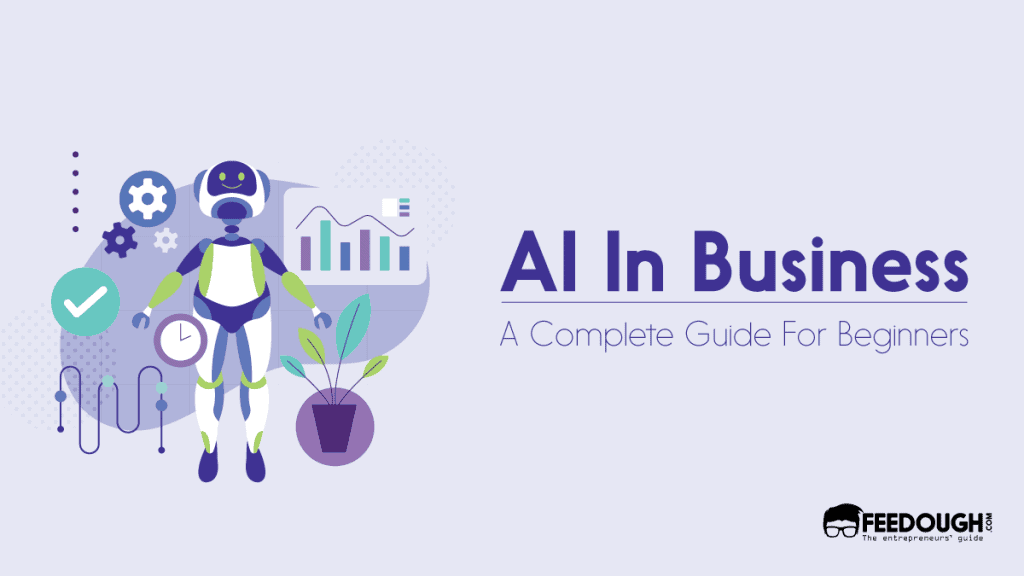
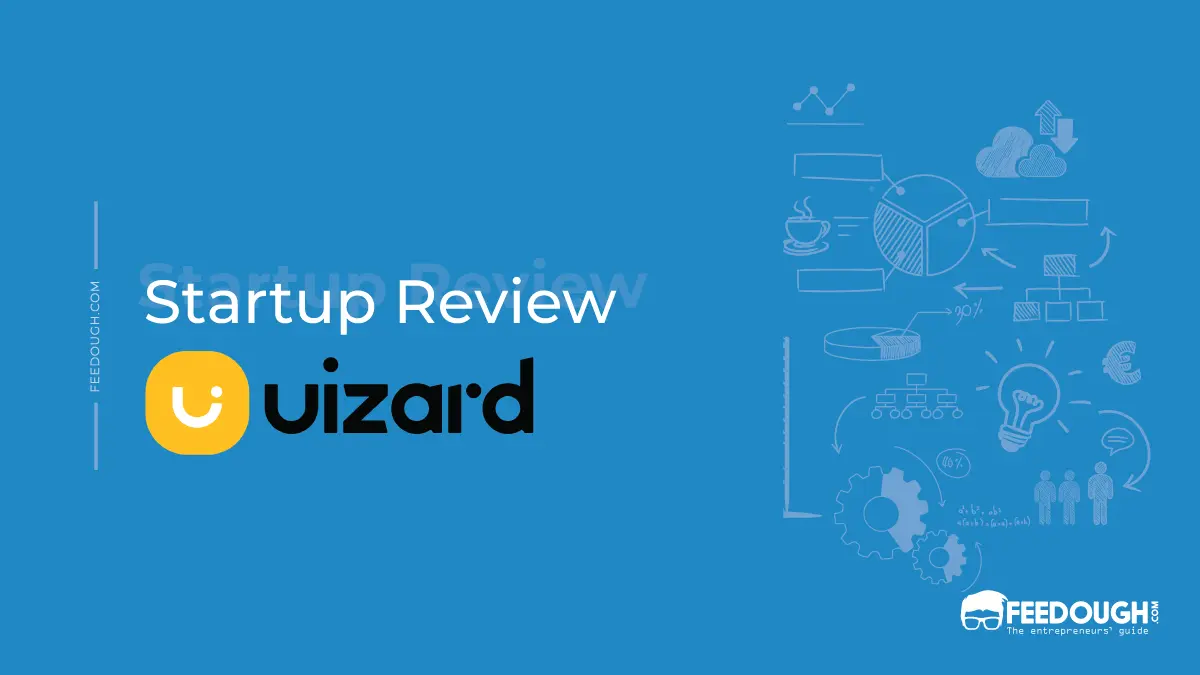

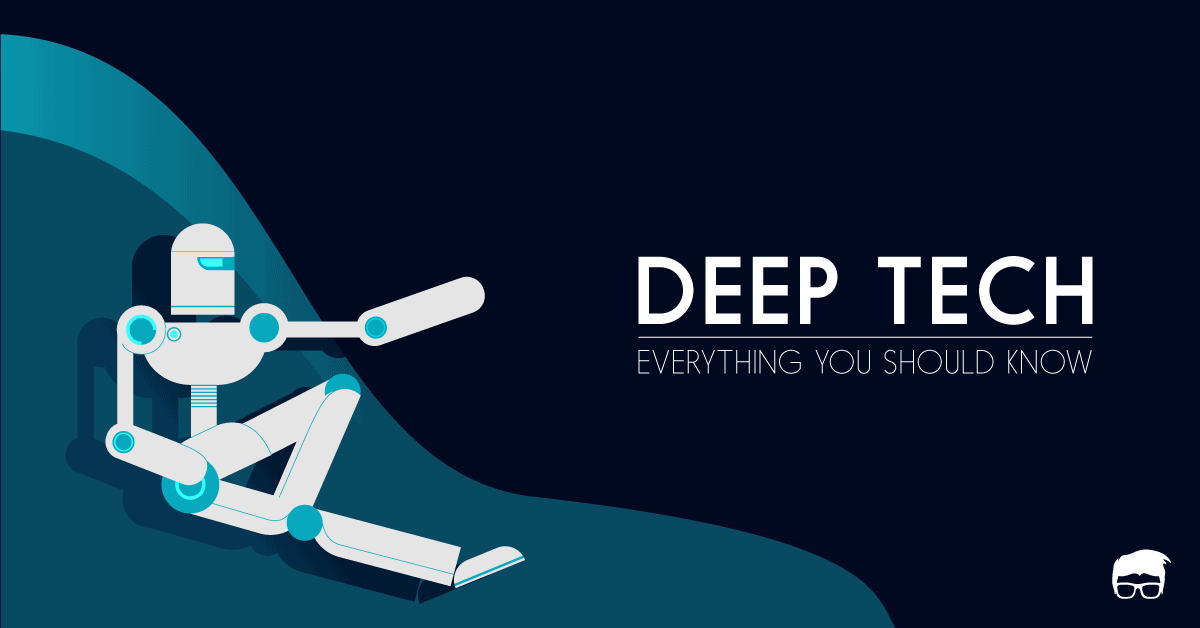
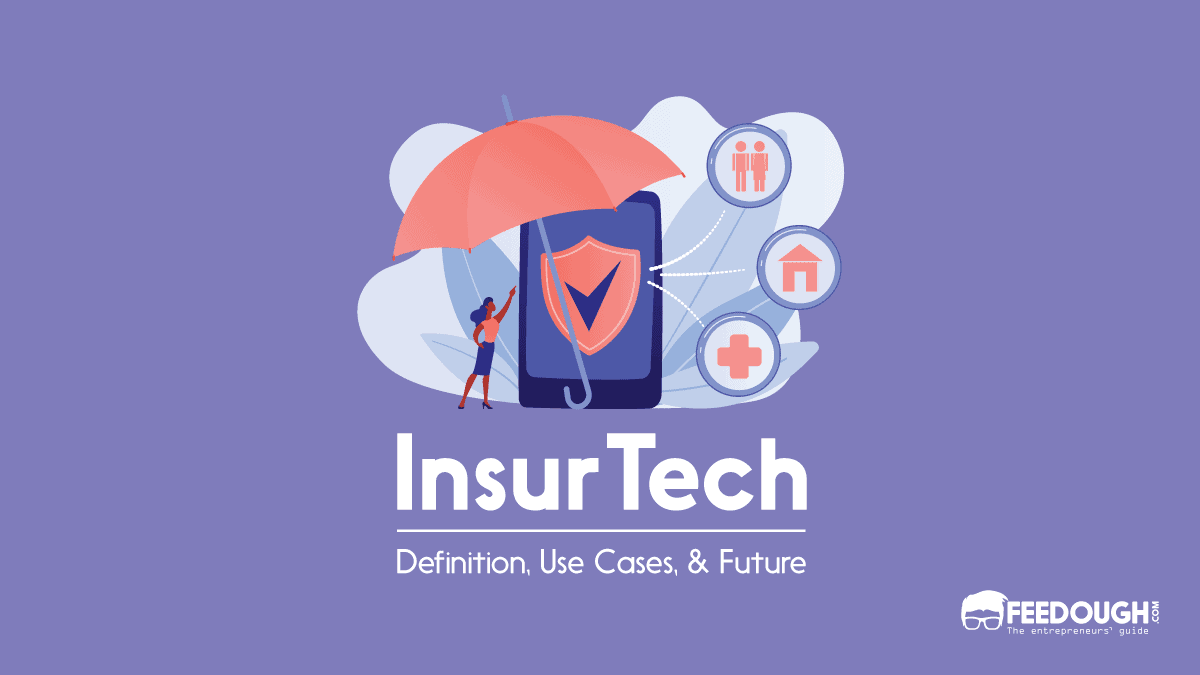
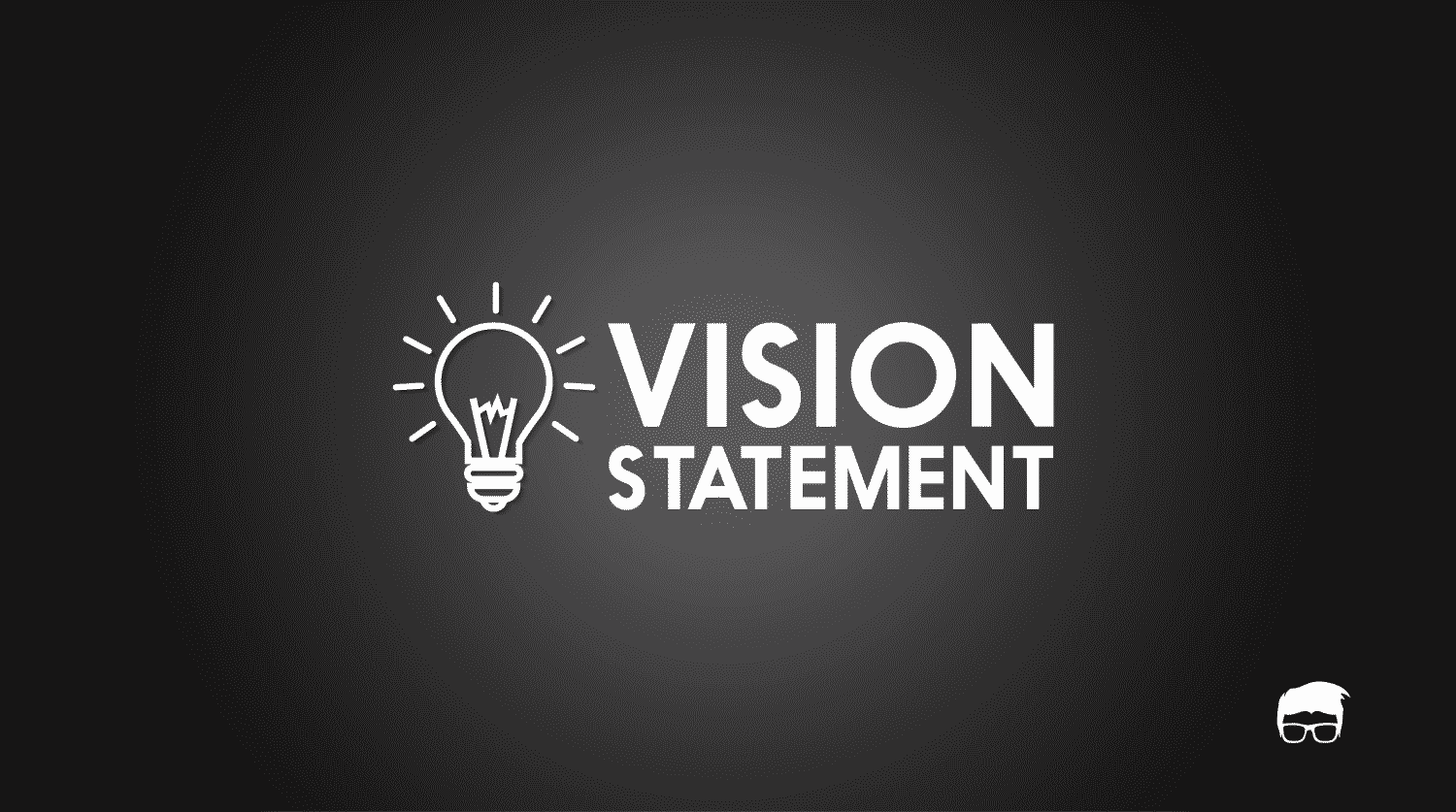
![Who Is An Infopreneur? [Ultimate Guide] INFOPRENEUR](webp/infopreneur-33.webp)
